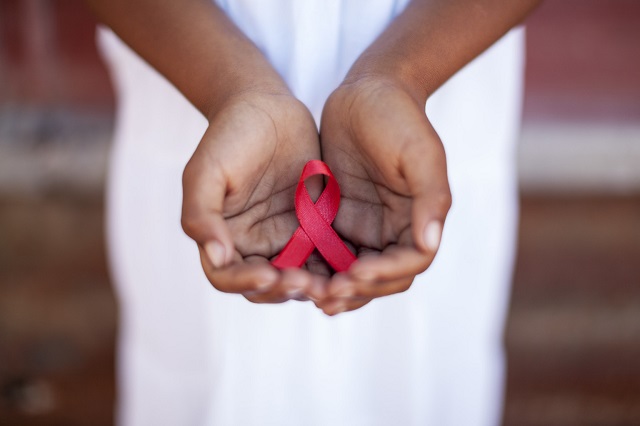
Kampala, Uganda | THE INDEPENDENT | The Ministry of Health is assessing the impact of the Prevention of Mother to Child Transmission of HIV programme which is commonly known as PMTCT.
The exercise whose results are expected in December is said to be a situation analysis to feed into the planning process and to establish how PMCTC is helping in reducing new infections. The programme involves following up women of reproductive age living with or at risk of acquiring HIV from the time of conception through pregnancy to the time they finish breastfeeding their babies.
PMTCT is already being ranked high for helping in the reduction of HIV infections in children born by Ugandan mothers. Recent statistics shared by UNAIDS show that there were 7500 new infections among children by the end of 2018 from the highs of 25,000 ten years ago.
Under the PMTCT programme, mothers who seek antenatal care are tested for HIV, enrolled on treatment and also followed up until they deliver in order to maintain their health and stop their infants from acquiring HIV. PMTCT services also include early infant diagnosis at four to six weeks after birth, testing at 18 months and when breastfeeding ends, as well as ART initiation for HIV-exposed infants.
Dr Vincent Bagambe the Director Planning and Strategic Information at Uganda AIDS Commission says that such babies, even though they may test negative, they are considered HIV exposed infants and take the drugs as prevention of possible infection.
Dr Bagambe says that data has already been collected and they are at a stage of doing analysis after which they will make conclusions that will define the Ministry’s and Commission’s next course of action.
However, while this programme that was started in 2000 is being praised for greatly reducing new infections especially among young people of below 15 years whose source of infection at 21 per cent was through their mothers, experts say over the years implementing the programme has had a lot of challenges.
For instance, Dr Daniel Byamukama who heads HIV Prevention at the Commission said they are recently establishing that many pregnant women who test positive during antenatal don’t want to take their medicines something he attributes stigma that is still associated with being HIV positive.
On her part, Dr Kirusa Karuga, the UNAIDS Uganda Country Representative said that while Uganda is being rated highly for getting pregnant women into treatment, there are also issues of human rights that the World Health Organization rates for a country to be considered successful in implementation of such programmes, and that this is what will be established when the impact assessment is finally completed.
*****
URN
 The Independent Uganda: You get the Truth we Pay the Price
The Independent Uganda: You get the Truth we Pay the Price



